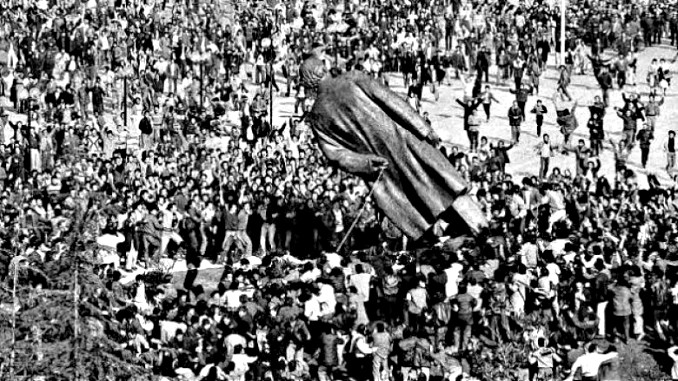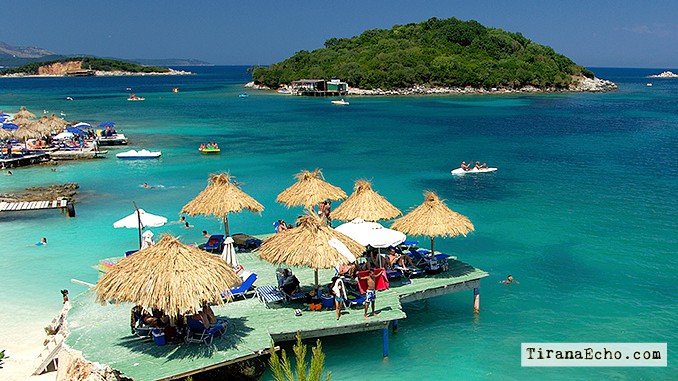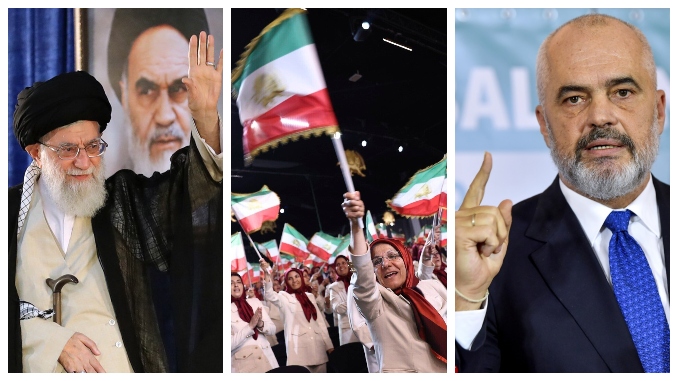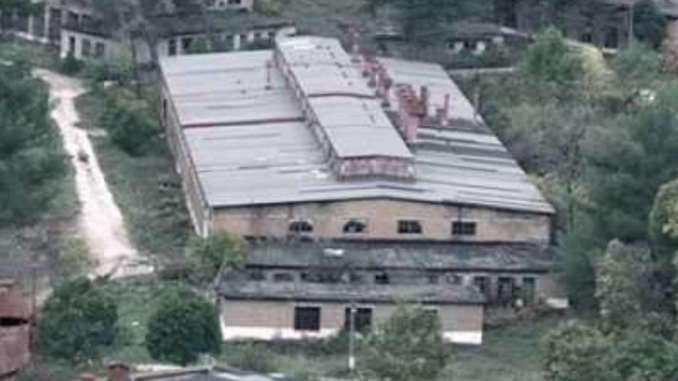Albanians remember the 28 anniversary of the fall of the communist dictatorship

Tirana, Albania | 20 Feb 2019 (Tirana Echo) – Albanians remember today the fall of communism as 28 years ago thousands of citizens brought down the statue of former dictator Enver Hoxha, in Tirana’s main square.
Following a series of anti- government events which started by the summer of 1990 when hundreds of people flooded foreign embassies in Tirana to seek political asylum, university students started a hunger strike in December 1990 which culminated with huge crowds gathering in Tirana’s main Scanderbeg Square on the 20th of February 1991.
After hours of resistance from communist police and army officers protecting the main square of Tirana, the crowd managed to get hold of the main statue of Albania’s former dictator Enver Hoxha and bring it down, later dragging it through the central streets of Tirana.
The 20 February 1991 has ever since marked the fall of communism in what used to be dubbed as the ‘North Korea’ of Europe and one of the harshest communist dictatorships in the world which oppressed Albanians for 45 uninterrupted years.
On this special commemorative occasion, Tirana Echo would like to share a piece of history from the archives of the Washington Post covering that historic day for the small Balkan nation.
VIENNA, FEB. 20 1991– A jubilant pro-democracy crowd today toppled the giant bronze statue of Communist Albania’s founder, Enver Hoxha, that had dominated the heart of the capital, Tirana.
President Ramiz Alia, responding to protests there and in the port city of Durres, where another statue of Hoxha was torn down, announced he would form a new government. “I have decided to take the government into my hands and create a new government and a new presidential council,” Alia said in a nationally televised broadcast.
Alia, who succeeded Hoxha after his death in 1985, provided no details about plans for the new council, but he said he met today with opposition leaders. It was unclear whether Alia would organize a coalition government including the opposition.
Witnesses in Tirana said about 5,000 demonstrators demanding the Communist leadership’s resignation had gathered near Hoxha’s statue, which was surrounded by about 500 police officers.
Police initially fired warning shots and hurled smoke bombs, witnesses said. But some officers soon began embracing demonstrators and allowed them to move to the concrete base of the 30-foot statue of the former Stalinist leader. State television reported that some demonstrators scaled the statue and pulled it over with a rope.
Protesters pushed against the statue for an hour before it fell, said Ben Ruka, a journalist with the opposition Democratic Revival newspaper. He said the body of the statue was towed away by trucks to the Tirana university campus.
Two people were slightly injured by flying stone chips as the statue lurched and crashed, Ruka said, adding that crowds scrambled to pocket shards as souvenirs. {Reuter news agency reported that protesters rolled the statue’s head into a central square and urinated on it.}
Alia’s move to revamp the government appeared to be an attempt to distance himself from the unpopular legacy of Communist rule and to use his personal appeal, even among anti-Communists, to pull the country through a period of turmoil.
He said the country was “at a critical point,” and he appealed for cooperation from opposition parties. “We must all of us work to get out of this situation,” he said, adding that change was “necessary for peace and democracy.”
Crowds had gathered in Tirana to stage a general strike and to join about 700 students and faculty in a hunger strike at Enver Hoxha University. The protesters called for improved living and studying conditions and demanded that Hoxha’s name be dropped from the university.
After today’s protest, Premier Adil Carcani announced that he would bow to a key demand by renaming the university. The state news agency ATA reported that the hunger strikers ended their fast after hearing Carcani’s statement.
In December, Alia scrapped 45 years of Stalinist rule, promised economic reform and scheduled free multi-party elections March 31. For many Albanians, however, the pace of economic and political change has appeared too slow after decades of repression and growing poverty.
Radio Tirana reporter Ilir Ikonomi, speaking by phone from Tirana, said as many as 60,000 people had gathered at the campus. Other estimates ranged from 20,000 to 100,000. “Some were burning works of Enver Hoxha,” Ikonomi said, adding that the crowd chanted, “Hoxha, Hitler” and “Ramiz, you don’t know what hunger is.”
A journalist with the official media, who spoke on condition of anonymity, said that “in most parts of Tirana, work is paralyzed” with people obeying a strike called by newly established, independent trade unions. Despite a government decree requiring 15 days’ notice before strikes take place, the unions gave just one day’s notice.
The university protest began 15 days ago with a boycott of classes. While the government previously agreed to most of the students’ demands, it had said removing Hoxha’s name could only be considered by the legislature after elections. Students also have called for the resignations of Justice Minister Enver Halili, Foreign Minister Reis Malile and Interior Minister Hekuran Isai.
Archive Source: The Washington Post
Copyright @2019 TiranaEcho.com | All Rights Reserved






